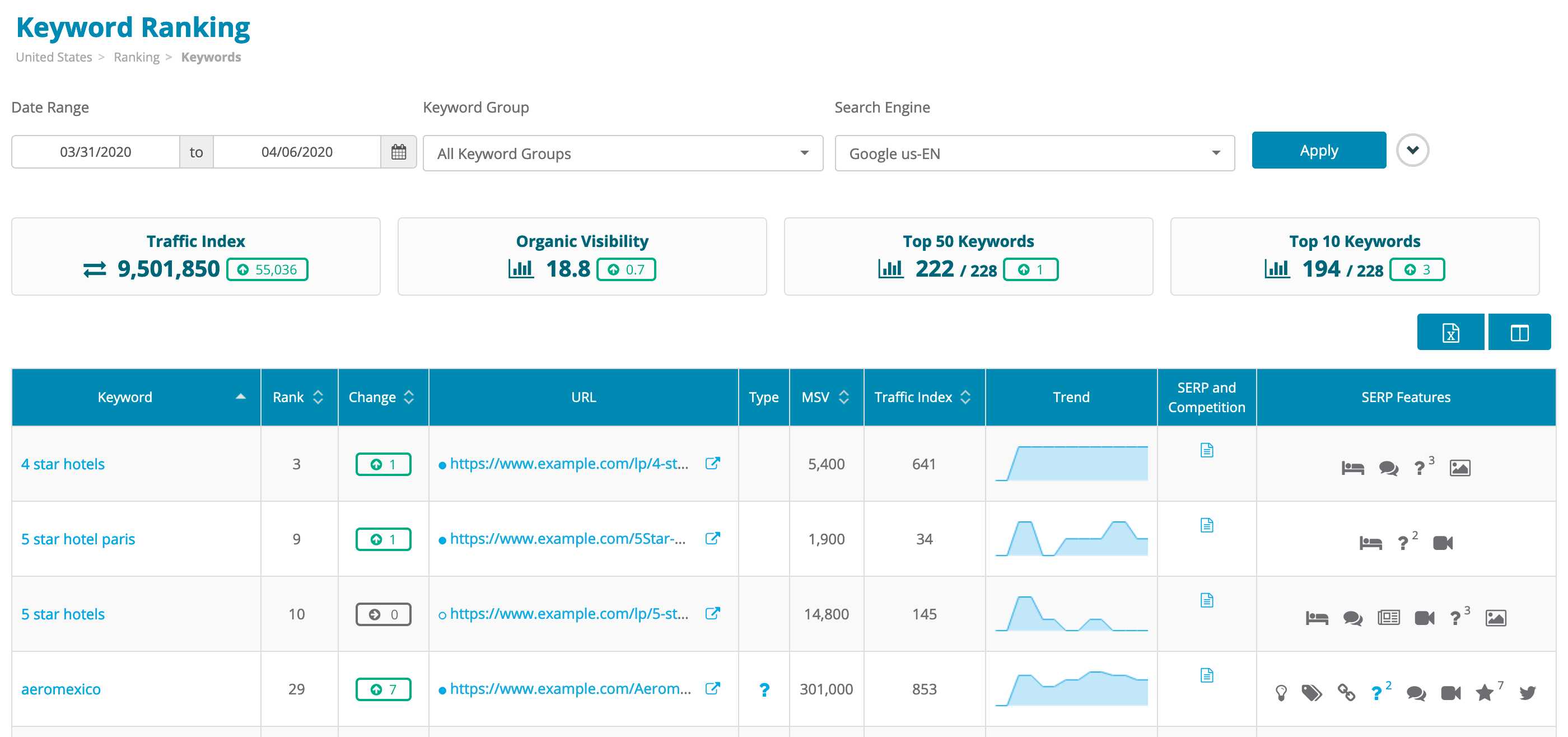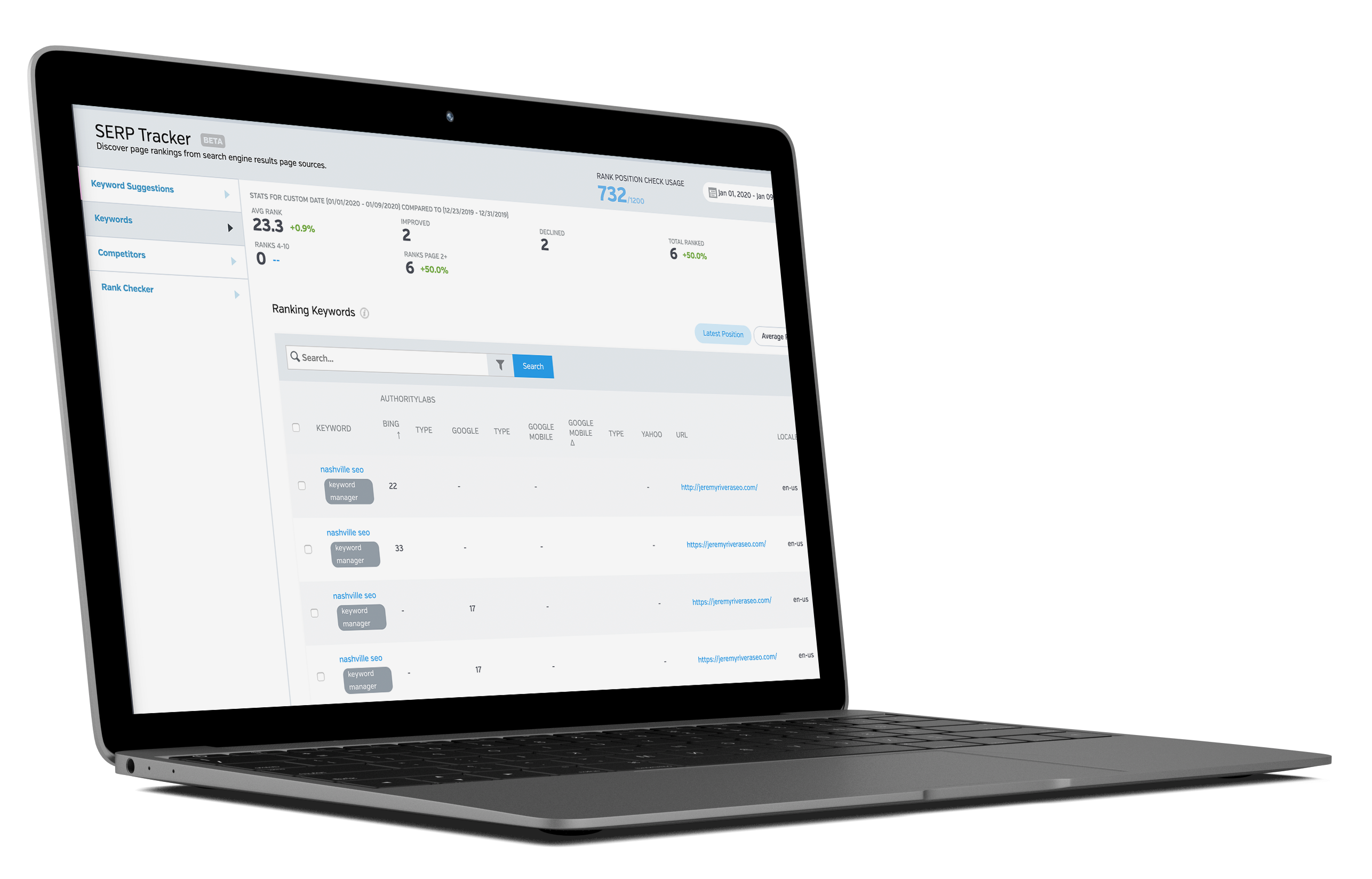Understanding SERP rank tracker is crucial for anyone serious about SEO success. In today's competitive digital landscape, monitoring your search engine rankings has become an essential practice for businesses and marketers alike. A reliable SERP rank tracker provides valuable insights into your website's performance, helping you make data-driven decisions to improve your online visibility. This comprehensive guide will walk you through everything you need to know about SERP rank tracking, from its fundamental concepts to advanced strategies that can elevate your SEO game.
As search engine algorithms continue to evolve, maintaining a strong presence in search engine results pages (SERPs) has become increasingly challenging. This is where SERP rank trackers come into play, offering sophisticated tools to monitor your website's position across various search queries and locations. Whether you're a seasoned SEO professional or just starting your digital marketing journey, understanding how to effectively utilize a SERP rank tracker can significantly impact your website's organic traffic and overall online success.
In this article, we'll explore the intricacies of SERP rank tracking, examining its importance in modern SEO strategies and providing practical guidance on selecting and using the right tools. We'll cover essential aspects such as tracking accuracy, feature comparisons, and best practices for maximizing your SEO efforts. By the end of this comprehensive guide, you'll have a thorough understanding of how to leverage SERP rank trackers to enhance your website's search engine performance and achieve sustainable growth in organic traffic.
Read also:Goblin No Suana Manga A Comprehensive Guide To The Fantasy Adventure
Table of Contents
- Understanding SERP Rank Tracker
- Importance of SERP Tracking in Modern SEO
- Key Features to Look for in a SERP Rank Tracker
- Advanced SERP Tracking Techniques
- Analyzing SERP Data Effectively
- Common Mistakes to Avoid in SERP Tracking
- Comparing Top SERP Rank Tracking Tools
- Future Trends in SERP Tracking Technology
- Implementing SERP Tracking in Your SEO Strategy
- Conclusion and Next Steps
Understanding SERP Rank Tracker
A SERP rank tracker is a specialized tool designed to monitor and report your website's position in search engine results pages (SERPs) for specific keywords and phrases. These tools provide real-time data about your website's visibility across various search engines, including Google, Bing, and Yahoo. The primary function of a SERP rank tracker is to help website owners and SEO professionals understand how their content performs in organic search results and identify areas for improvement.
Modern SERP rank trackers offer a wide range of features beyond basic position tracking. They can monitor multiple search engines simultaneously, track rankings across different geographic locations, and provide historical data for trend analysis. Some advanced tools even offer competitor tracking capabilities, allowing you to benchmark your performance against industry rivals. Additionally, many SERP rank trackers integrate with other SEO tools and platforms, creating a comprehensive ecosystem for managing your search engine optimization efforts.
Importance of SERP Tracking in Modern SEO
Tracking your SERP positions is crucial for several reasons. First and foremost, it provides measurable insights into the effectiveness of your SEO strategies. By monitoring your keyword rankings over time, you can identify which tactics are working and which need adjustment. This data-driven approach helps optimize your SEO budget and resources, ensuring maximum return on investment.
Moreover, SERP tracking helps you stay ahead of algorithm updates and market trends. Search engines frequently update their ranking algorithms, and these changes can significantly impact your website's visibility. A reliable SERP rank tracker alerts you to sudden ranking drops, enabling you to quickly identify and address potential issues. This proactive approach is especially important for YMYL (Your Money or Your Life) websites, where search visibility directly impacts business revenue and user trust.
Key Features to Look for in a SERP Rank Tracker
When selecting a SERP rank tracker, several key features should be considered to ensure you get the most value from your investment. First, accuracy and reliability are paramount. The tool should provide precise ranking data across multiple search engines and locations. Look for features such as:
- Multi-location tracking capabilities
- Support for both desktop and mobile search results
- Historical data storage and trend analysis
- Competitor tracking and benchmarking
- Customizable reporting options
- API access for integration with other tools
Additionally, consider the tool's user interface and ease of use. A well-designed dashboard that presents data clearly and intuitively can significantly enhance your ability to make informed decisions. Many top-tier SERP rank trackers also offer white-label reporting options, which can be particularly valuable for SEO agencies serving multiple clients.
Read also:Robert Bronzi The Untold Story Of An Action Legend
Advanced SERP Tracking Techniques
As SEO becomes increasingly sophisticated, advanced SERP tracking techniques have emerged to provide deeper insights into search performance. These techniques go beyond basic position tracking to offer comprehensive views of your website's search visibility.
Local SEO Tracking
For businesses targeting local markets, local SEO tracking has become essential. This involves monitoring your website's performance in local search results, including Google My Business listings and map pack positions. Effective local SERP tracking should include:
- City-specific and zip code-level tracking
- Google My Business ranking monitoring
- Local pack and map position tracking
- Voice search query performance
Local SEO tracking helps businesses optimize their presence in specific geographic areas, ensuring maximum visibility for location-based searches. This is particularly important for service-area businesses, brick-and-mortar stores, and restaurants looking to attract nearby customers.
Mobile SERP Tracking
With mobile searches now surpassing desktop queries, mobile SERP tracking has become crucial for comprehensive SEO analysis. Mobile tracking should cover:
- Mobile-specific ranking positions
- Featured snippet performance on mobile devices
- AMP page visibility
- Mobile-first indexing impact
Effective mobile SERP tracking helps identify opportunities to optimize for mobile search behavior, including voice search queries and local intent searches. This data is invaluable for creating mobile-friendly content strategies and improving user experience across devices.
Analyzing SERP Data Effectively
Collecting SERP data is only half the battle; effectively analyzing this information is where true value lies. Start by establishing clear KPIs (Key Performance Indicators) that align with your business goals. Common SERP analysis metrics include:
- Keyword ranking positions and trends
- Search visibility score
- Click-through rate (CTR) analysis
- Featured snippet acquisition rate
- Ranking volatility metrics
Use data visualization tools to create meaningful reports that highlight important trends and insights. Pay special attention to ranking fluctuations following algorithm updates or major website changes. This analysis can help identify which SEO tactics are most effective and where adjustments are needed. Regularly reviewing your SERP data also helps maintain a competitive edge by enabling quick responses to market changes.
Common Mistakes to Avoid in SERP Tracking
While SERP rank tracking provides valuable insights, several common mistakes can lead to inaccurate data or misinterpretations. First, relying solely on national rankings can be misleading, especially for local businesses. Always track positions across relevant geographic locations to get a complete picture of your search visibility.
Another frequent error is focusing exclusively on exact-match keywords while ignoring long-tail variations. Modern search behavior often involves more conversational queries, particularly with the rise of voice search. Additionally, failing to account for personalization factors can skew your data, as search results can vary based on user history, location, and device type.
Comparing Top SERP Rank Tracking Tools
The market offers numerous SERP rank tracking tools, each with its strengths and weaknesses. Some of the most popular options include:
- SEMrush: Known for comprehensive features and competitive analysis capabilities
- Ahrefs: Offers robust backlink tracking alongside SERP monitoring
- Moz Pro: Provides user-friendly interface and strong local SEO tracking
- SERPWatcher: Focuses on simplicity and affordability
- Rank Ranger: Offers enterprise-level features and white-label options
When comparing tools, consider factors such as pricing, feature set, data accuracy, and customer support. Many tools offer free trials or limited free plans, allowing you to test their capabilities before committing to a subscription. Remember that the best tool for your needs depends on your specific requirements and budget constraints.
Future Trends in SERP Tracking Technology
As search technology continues to evolve, SERP rank tracking tools must adapt to new challenges and opportunities. Several emerging trends are shaping the future of SERP tracking:
- Increased focus on zero-click searches and featured snippets
- Enhanced AI-powered ranking predictions
- Improved tracking of visual search results
- Integration with voice search analytics
- Advanced machine learning algorithms for trend prediction
These developments will enable more sophisticated tracking capabilities, providing deeper insights into user behavior and search patterns. As search engines incorporate more AI-driven features, SERP rank trackers will need to become more adaptive and intelligent to keep pace with these changes.
Implementing SERP Tracking in Your SEO Strategy
Integrating SERP rank tracking into your overall SEO strategy requires careful planning and execution. Start by establishing clear objectives for your tracking efforts. These might include improving organic traffic, increasing visibility for target keywords, or outranking specific competitors. Develop a systematic approach to:
- Keyword selection and categorization
- Regular performance reviews
- Data-driven strategy adjustments
- Team collaboration and reporting
Create a structured process for analyzing SERP data and implementing changes based on your findings. This might involve weekly review meetings, automated reporting systems, and clear action plans for addressing identified issues. Remember that SERP tracking should be viewed as an ongoing process rather than a one-time setup.
Conclusion and Next Steps
Mastering SERP rank tracking is essential for achieving sustainable SEO success in today's competitive digital landscape. By understanding and effectively utilizing these powerful tools, you can gain valuable insights into your website's performance, identify opportunities for improvement, and make data-driven decisions to enhance your search visibility. Remember that successful SERP tracking requires more than just monitoring numbers – it demands a strategic approach to data analysis and implementation.
As you embark on your SERP tracking journey, consider exploring different tools to find the perfect fit for your needs. Implement the best practices discussed in this article, and don't hesitate to experiment with advanced tracking techniques. To take your SEO efforts to the next level, we recommend starting with a comprehensive audit of your current tracking setup and developing a detailed action plan based on your findings.
We'd love to hear about your experiences with SERP rank tracking. Share your thoughts in the comments below, or reach out to our team for personalized guidance on optimizing your tracking strategy. For more in-depth SEO resources, explore our other articles covering technical SEO, content optimization, and digital marketing strategies.

